ARTICLE AD BOX
Just now
Ian Youngs,Entertainment & arts reporter

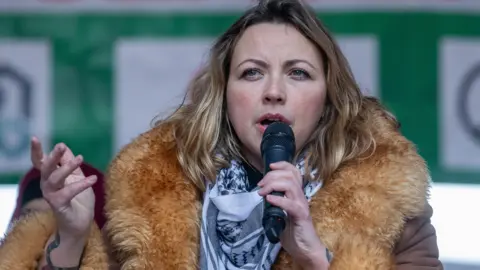 Getty Images
Getty Images
Charlotte Church pictured addressing a pro-Palestinian rally in London in March
Charlotte Church and Nish Kumar have become the latest speakers to withdraw from the Hay literary festival in protest at a sponsor's links to Israel and fossil fuel companies.
The pair had been due to be among the hundreds of personalities appearing at the prestigious book event in Wales, which began on Thursday.
They have pulled out in support of a campaign against one of the event's mains sponsors, Baillie Gifford, an investment management firm.
The festival said it would "continue to engage with Baillie Gifford and other arts partners to resolve this".
In her statement, Church, a singer and pro-Palestinian campaigner, said she was boycotting "in protest of the artwashing and greenwashing that is apparent in this sponsorship".
"Your art festival is not more important than the lives of Palestinian children and the future of healthy ecosystems on earth," she wrote on social media.
"If the art world continues to take this dirty money, we all become complicit."
That came after comedian Kumar posted a statement from Fossil Free Books, which is leading the campaign, adding the words: "Love the festival and the people that work in it, but this was the right decision for me."

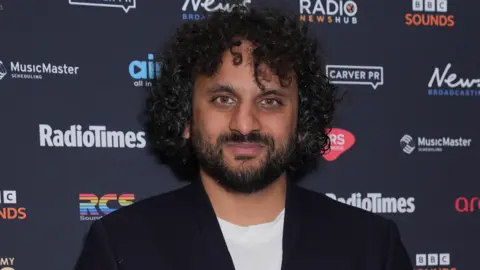 PA Media
PA Media
Kumar has appeared in shows including BBC satirical comedy The Mash Report
A string of other speakers have also pulled out, including Labour MP Dawn Butler, Labour peer Baroness Shami Chakrabarti and economics author Grace Blakeley.
Meanwhile, some have chosen to make their voices heard from the festival stage.
Commentator George Monbiot signed a recent statement calling for Baillie Gifford to ditch the investments at the centre of the protests.
In a clip posted by the festival, he said he had chosen to go ahead with his session on Thursday because Hay is "a good cause" and "because this thing that we're protesting against, we are all deeply embedded in".
"We can't just point to one instance of this Earth-eating, people-eating system and say, 'That and that alone is a problem'. We have to deal with the whole thing," he told the audience.
Hay chief executive Julie Finch said the festival operates "a mixed-funding model that includes sponsorship, grant funding, ticket revenue, memberships, and donations".
She said: "In all our agreements, Hay Festival Global maintains its editorial independence.
"This past week, some of our festival artists have joined the renewed protest over the investments of one of our sponsors, Baillie Gifford. Many supporting this call are doing so in their planned festival events, but some have chosen to withdraw. We continue to engage with Baillie Gifford and other arts partners to resolve this.
"At a time of overlapping global crises, every voice and every conversation matters at Hay Festival. Where artists withdraw from our events, we will work to fill the space with platforms that explore these issues in depth. We are grateful to all those artists, partners and audiences who continue to contribute to the conversation, on stage and off. Please join us."
Fossil Free Books, launched by literary industry professionals, said Baillie Gifford invests in companies "linked to the Israeli military" and Israeli settlements in the occupied West Bank, as well as a number of major fossil fuel companies.
Baillie Gifford said the "suggestion that Baillie Gifford is a large investor in the Occupied Palestinian Territories is seriously misleading".
It is a large investor in several multinational technology companies, such as Amazon, NVIDIA and Meta, which have "commercial dealings with the state of Israel that are tiny in the context of their overall business", it said.
It is also a "small" investor in "three companies that have been identified as having activities in the Occupied Palestinian Territories", it said, adding: "We are committed to responsibly analysing and engaging with the companies in which we invest. This work is ongoing and progress has been made."
However, it said it was the responsibility of its clients to make "subjective ethical situations relating to sectors (such as fossil fuels) or countries (such as Israel and the Occupied Palestinian Territories)".
"We are not able to make exclusions of that nature based on our own ethical judgements, or in response to pressure from outside groups."
'Supporter of literature'
Baillie Gifford added that it was "not a significant fossil fuel investor", with 2% of its clients’ money invested in companies with some business related to fossil fuels.
It said it was a "long-standing supporter of literature and the arts... driven by our contention that we should contribute to the communities in which we operate, in the hope that the organisations we work with gain lasting benefits".
Fossil Free Books has said the 2% figure equates to between £2.5bn and £5bn.
Church wrote: "This is many times more than the combined net worth of everybody involved at the Hay Festival. 'Only 2%' is not good enough."

 11 months ago
36
11 months ago
36
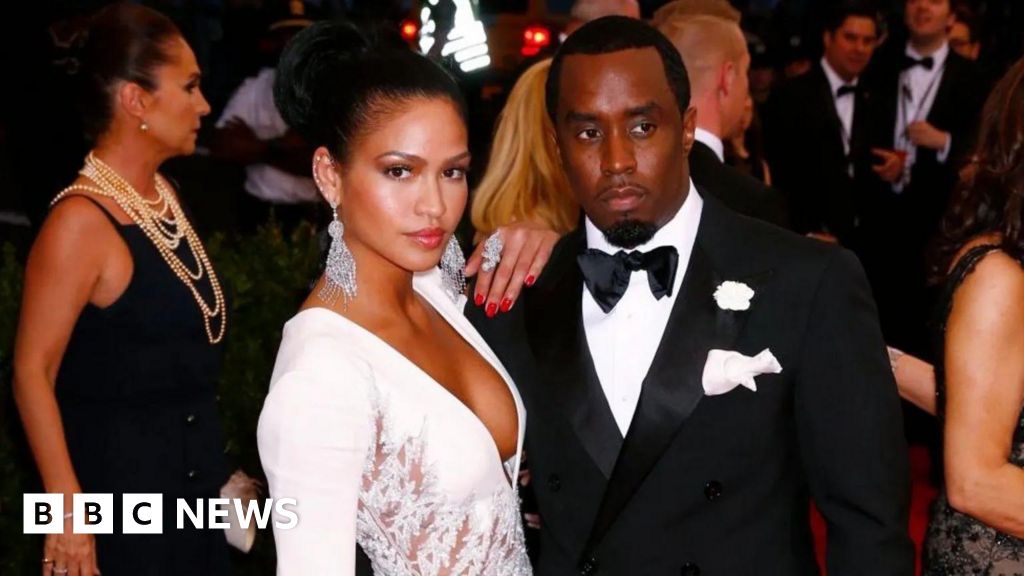
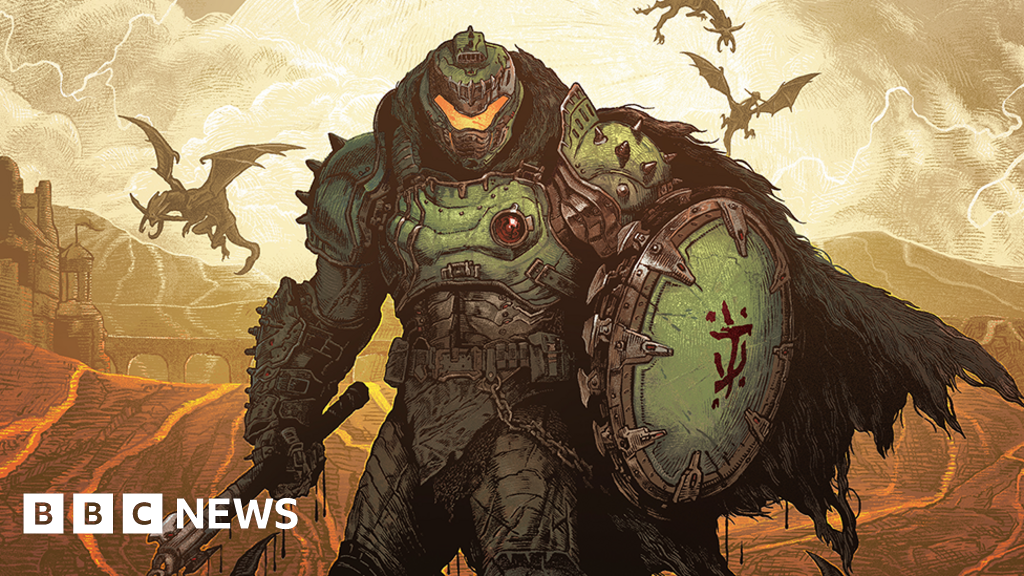
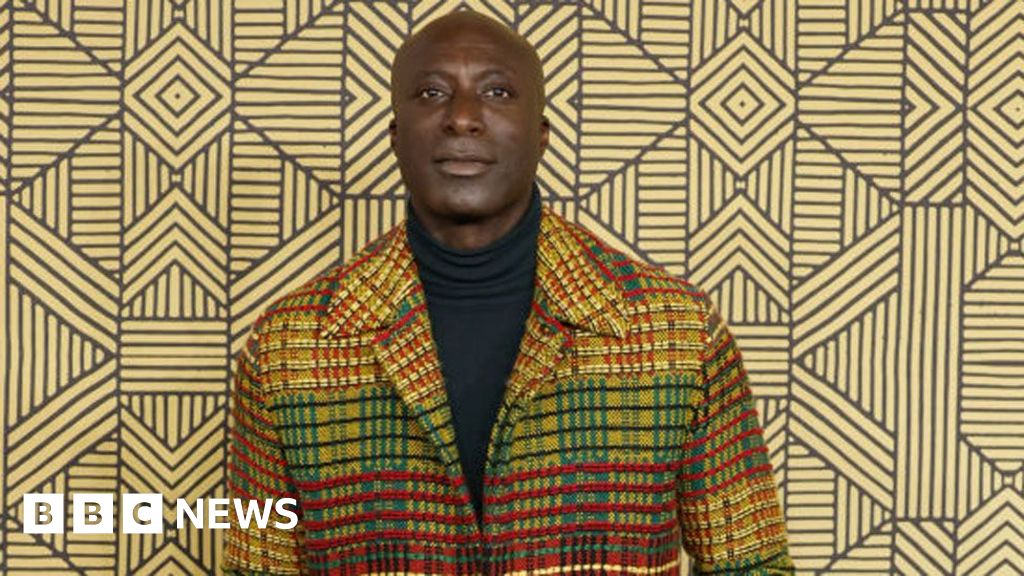





 English (US) ·
English (US) ·